22 unique artifacts from the past that amaze and delight
Categories: History
By Pictolic https://pictolic.com/article/22-unique-artifacts-from-the-past-that-amaze-and-delight.htmlIt seems that the past epochs, with their primitive technologies, have left us nothing impressive except for famous works of art and architectural monuments. This is not so – many unique artifacts have been preserved that are ready to impress the imagination of modern man. We have prepared a selection of 22 simple items from the past years that will change your understanding of history, science and technology.
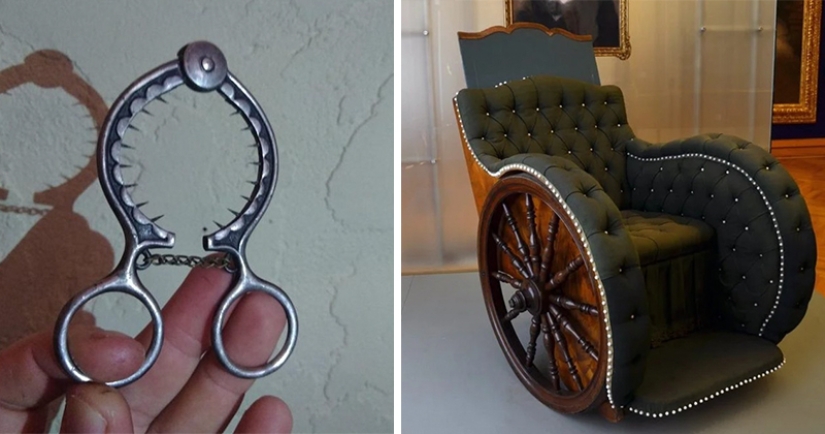
We admire the antique statues and frescoes of the Renaissance, the realistic and gloomy paintings of the old Dutch and the precious weapons of the aristocrats of the 18th century. At the same time, we lose a lot due to the fact that we do not see simple things from the past. They are not always exquisite and beautiful, but often unusual and unique. Let's look at them as the creation of human hands and an integral part of history.
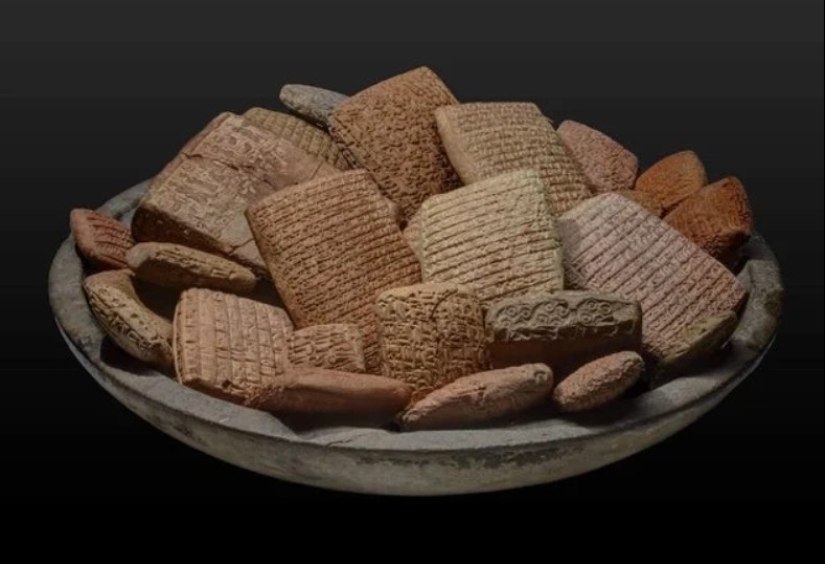
It's very similar to delicious homemade cookies, but these are the real documents. This is how ious, letters of recommendation and contracts looked like in Ancient Assyria.
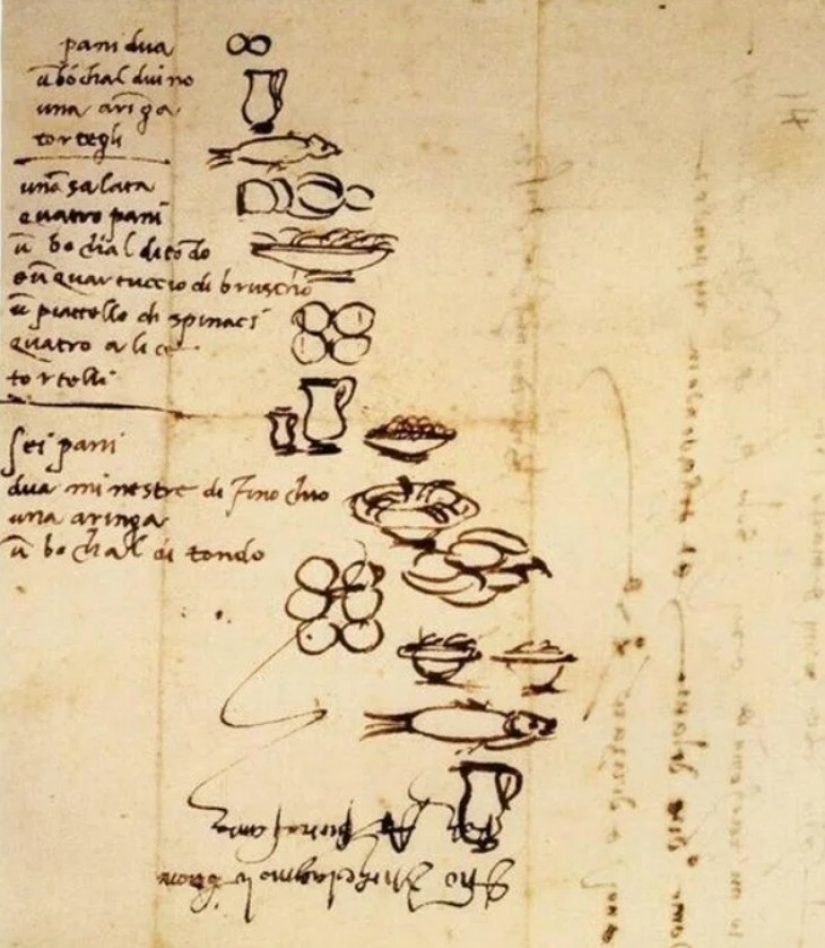
These strange scribbles and inept drawings are the work of the great Michelangelo. Thus, the genius of the Renaissance 500 years ago was making a shopping list for his illiterate servant.
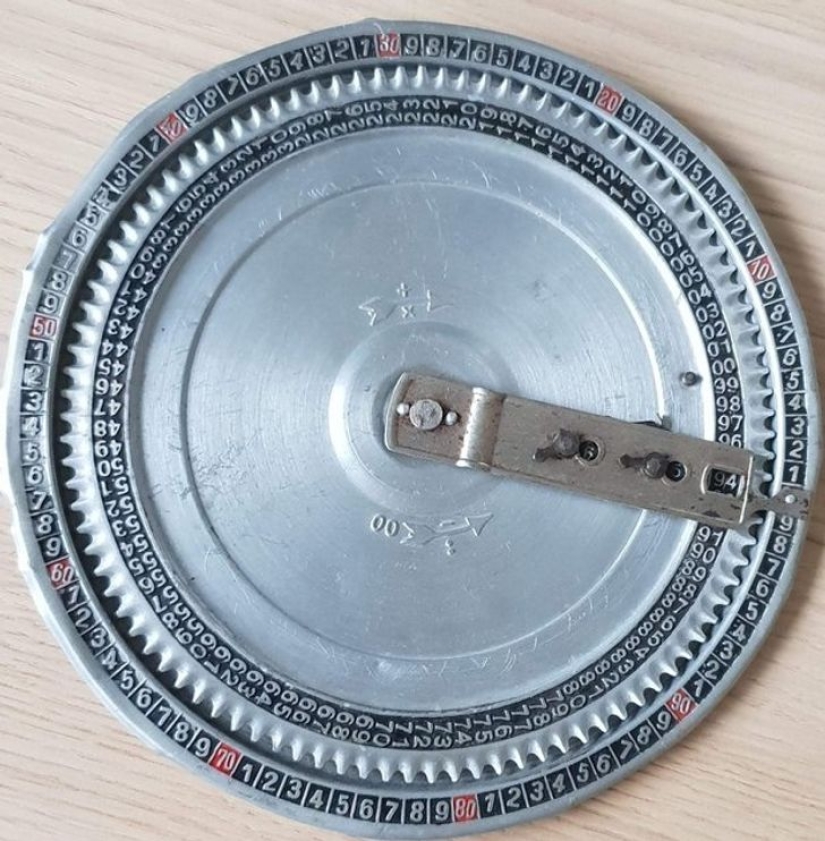
The purpose of this device will confound many scholars. This is an ordinary mechanical calculator of the German company Optima, released in 1900.
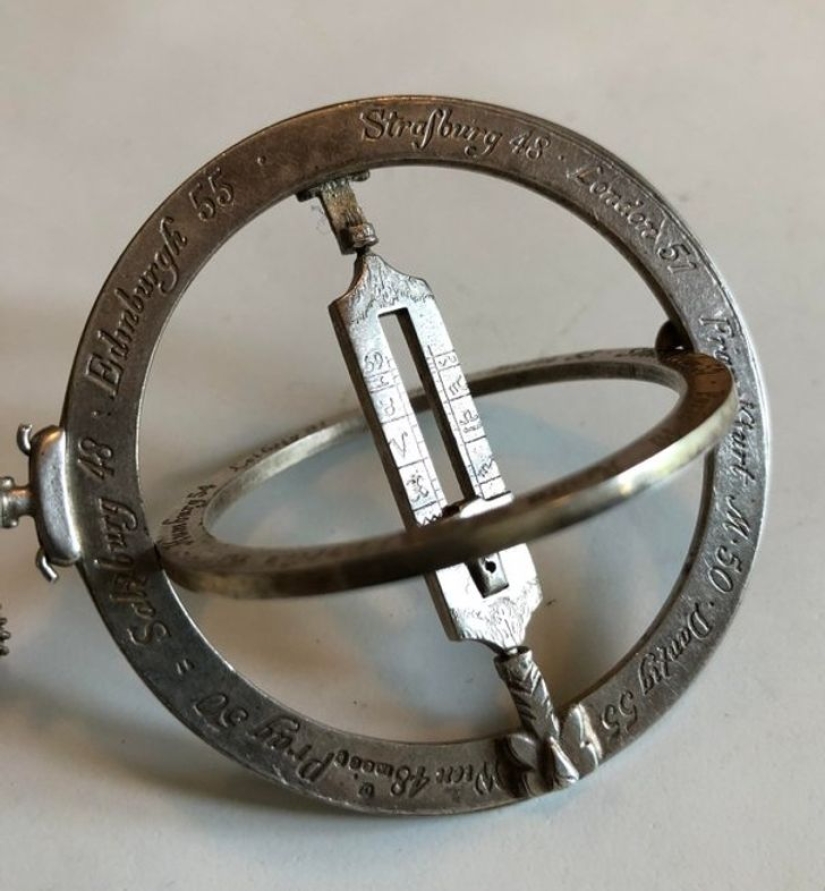
It looks like an old navigation device, doesn't it? No, not like that, although very close. This is an old pocket sundial, and a ladies' one at that!
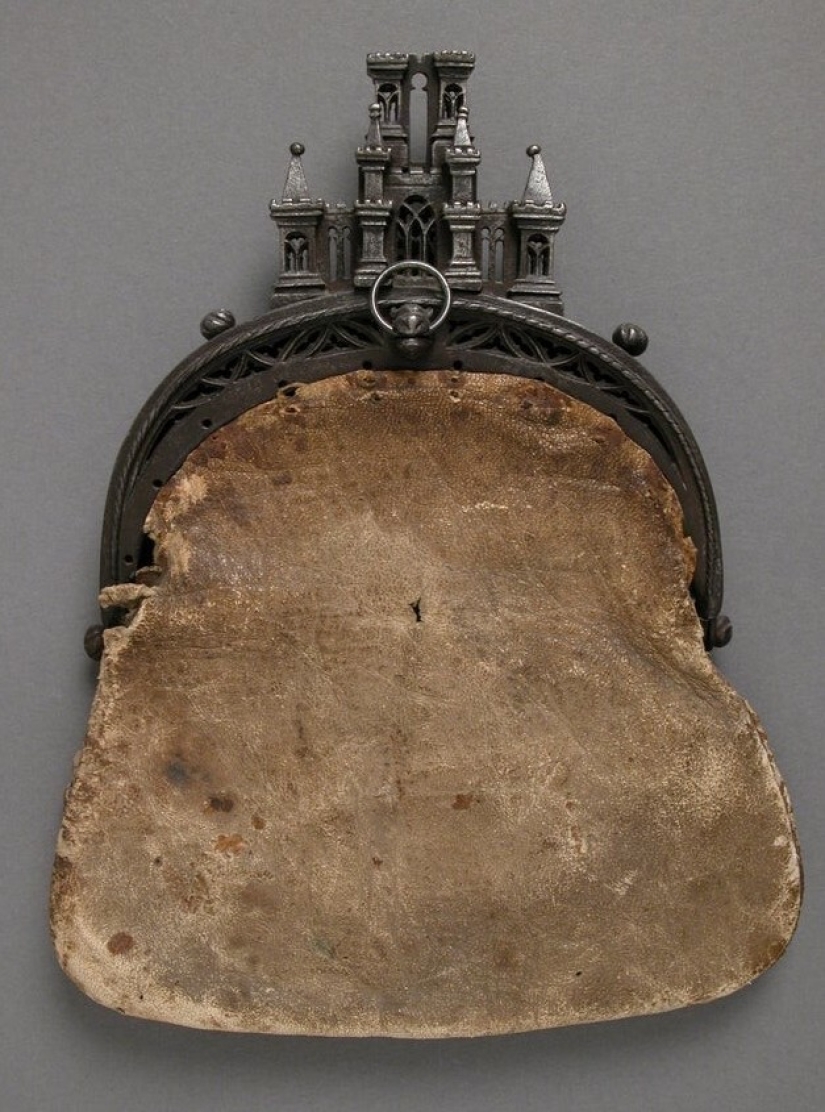
A leather wallet made in the 15th or 16th century. They knew how to do exquisite and interesting things!
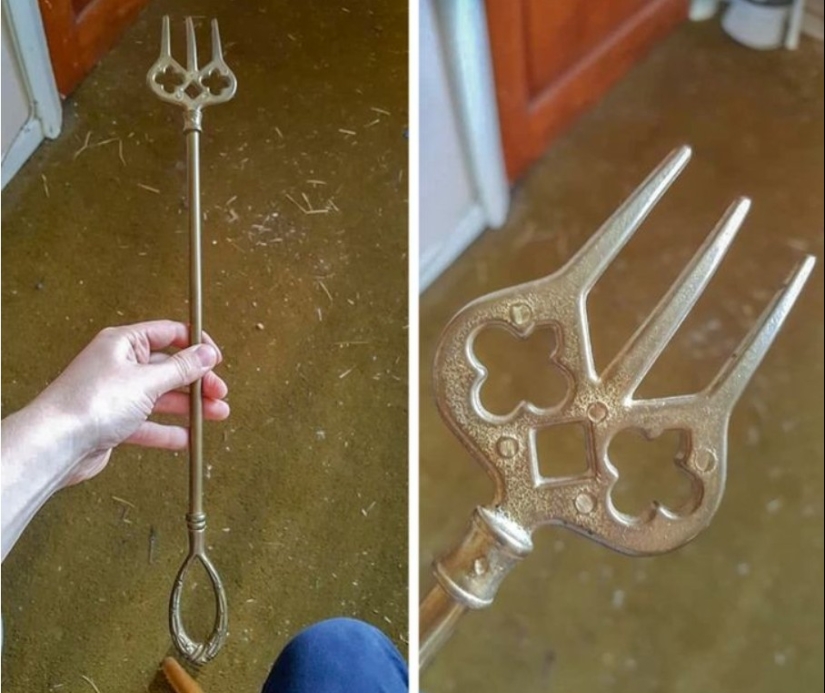
Today it is difficult to imagine the house of a true Englishman without a toaster. And how was bread toasted in foggy Albion 200 years ago? It's simple – with the help of such a water toaster fork right over the coals of a real British fireplace.
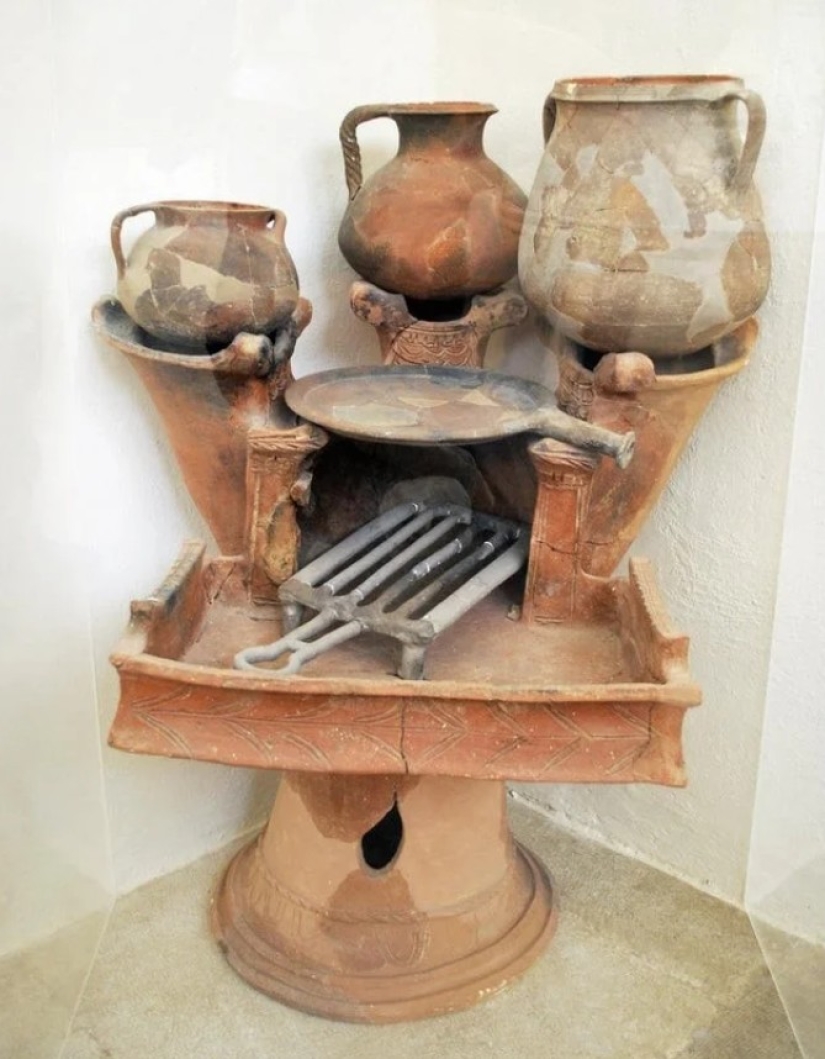
And this is how the oven looked in the houses of the Greeks in the 2-1 centuries BC. These household appliances were made of clay and served not only for cooking, but also for heating the home.
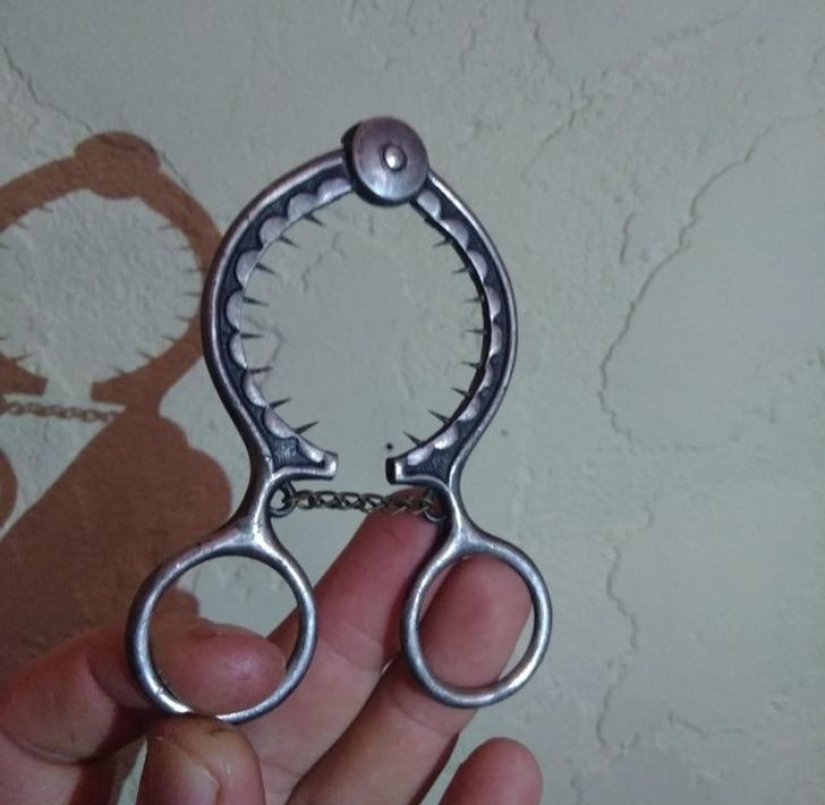
A torture device? No! This is a simple 19th century kitchen appliance for peeling eggs from the shell. Strange, isn't it?
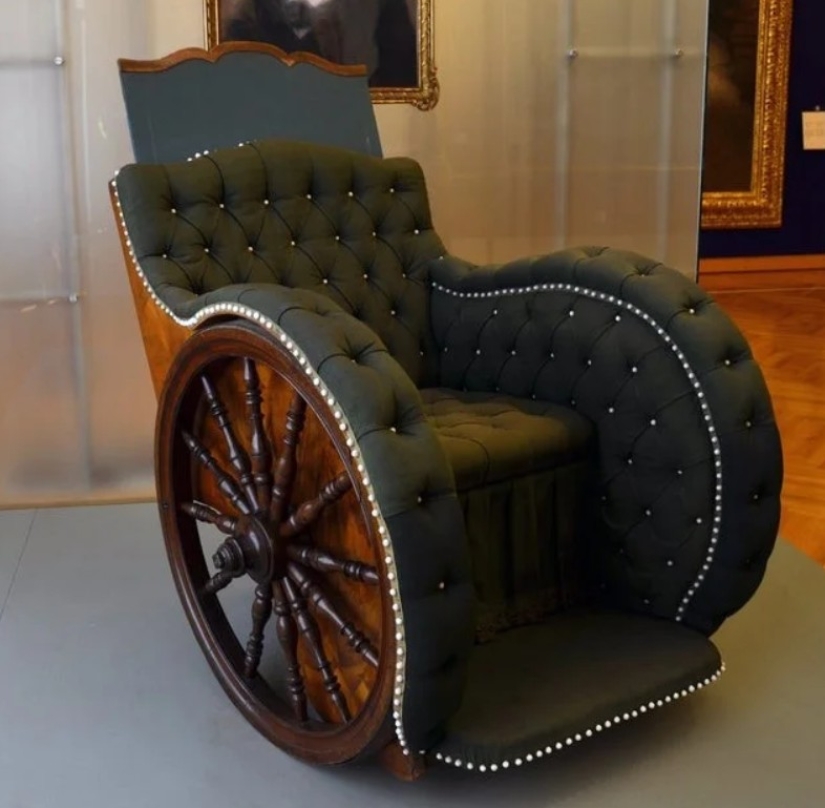
Wheelchair made by German masters of carriage making for Empress Elizabeth Christina Braunschweig-Wolfenbüttel, 1740.

This is not a harsh medieval comb, but an Italian dagger of the early 17th century. It is not known how effective he is in combat, but he looks intimidating, and in the old days the Italians were considered the wildest fighters with knives.
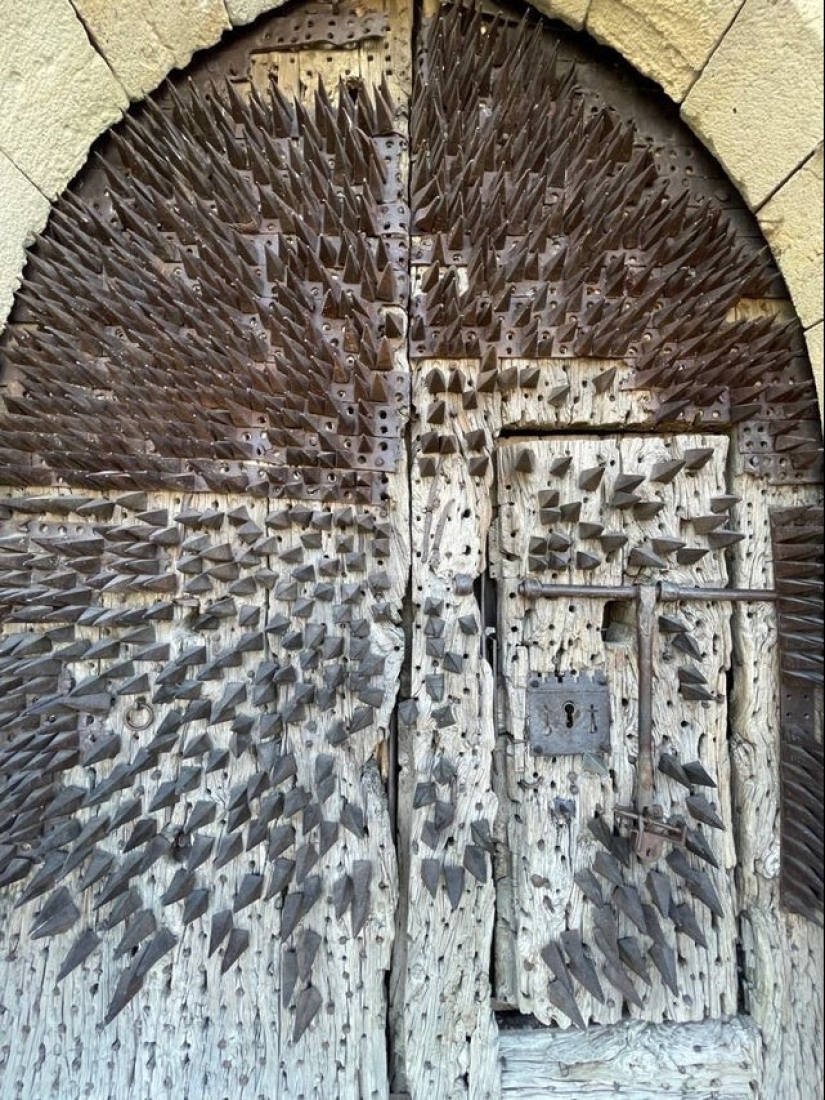
The main gate of the Spanish castle of Pedras (Castillo de Pedraza) of the 15th century. You definitely can't open them with your foot!
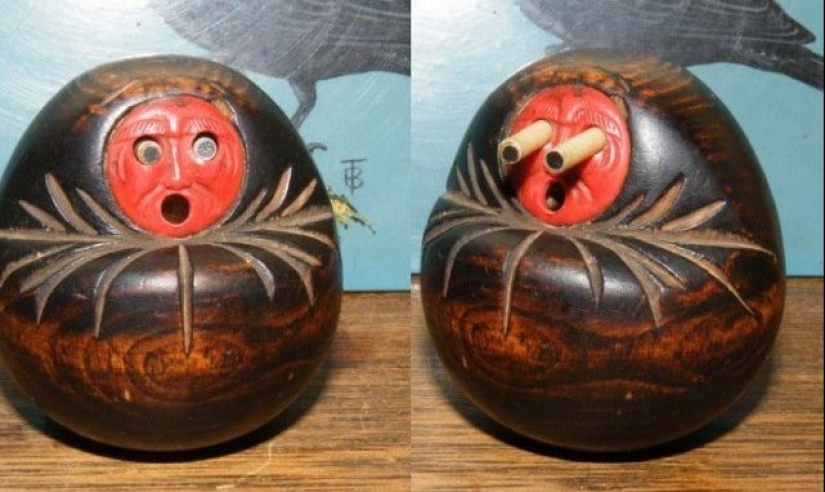
Now Japan is famous all over the world for its robots. And 150 years ago, Japanese kids played with such uncomplicated mechanical dolls.
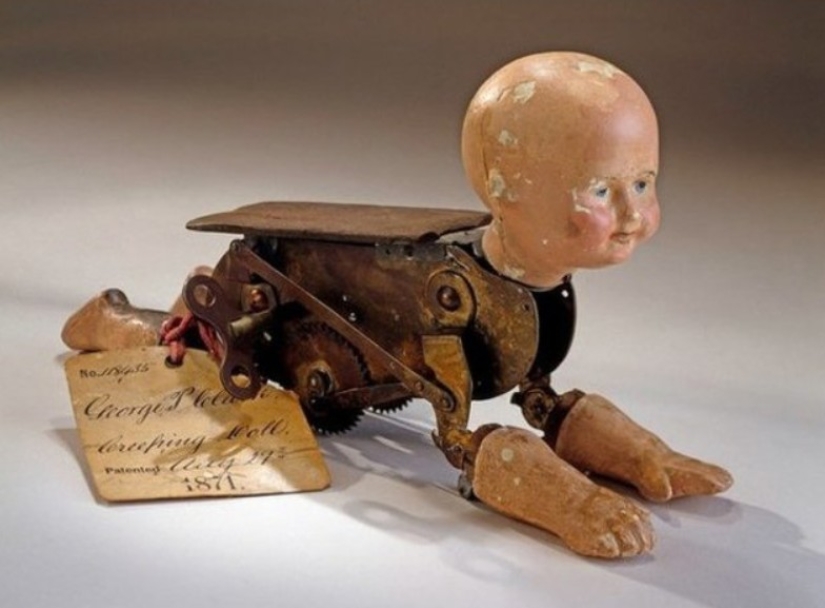
Around the same time, the first mechanical dolls appeared in the USA. This monster from a horror movie was the dream of thousands of American girls.
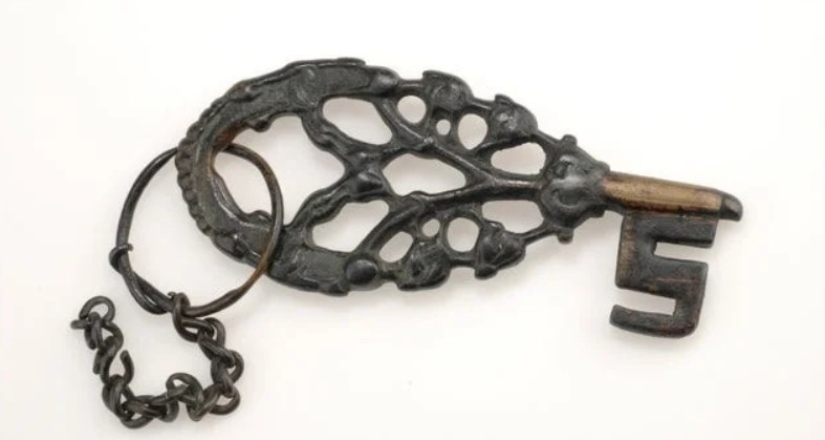
Vikings in the 11th century used such unusual keys to close their chests with stolen goods.

A bed that protects tired parents from annoying offspring? No. This is the so-called "Morrison's hideout". Such a cage during the Second World War allowed the British to survive in the event of bombing and the collapse of the house.
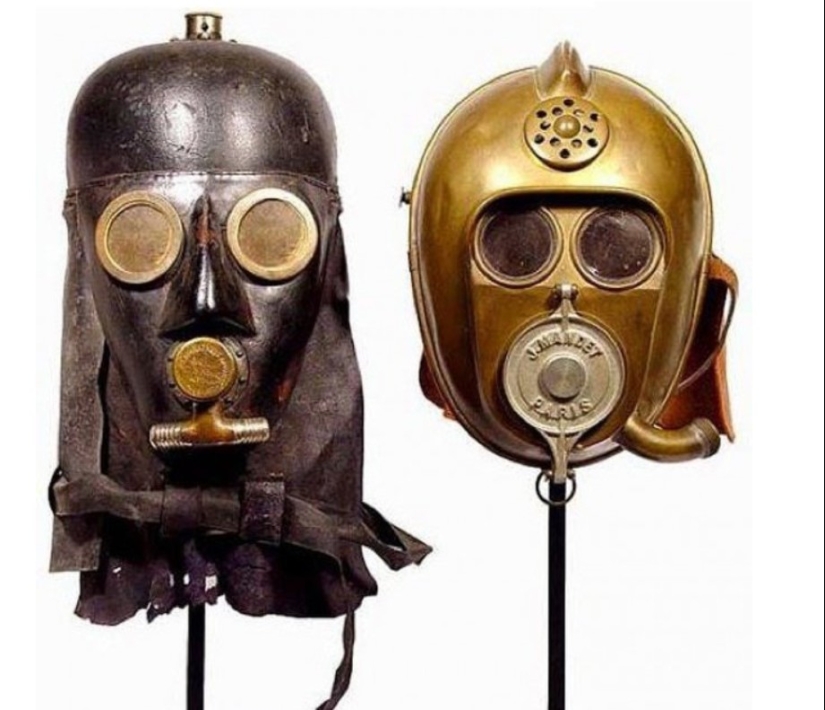
We know it looks like Darth Vader and the C3-ZO robot. But let's face it – these are the helmets of firefighters from France at the end of the 19th century.
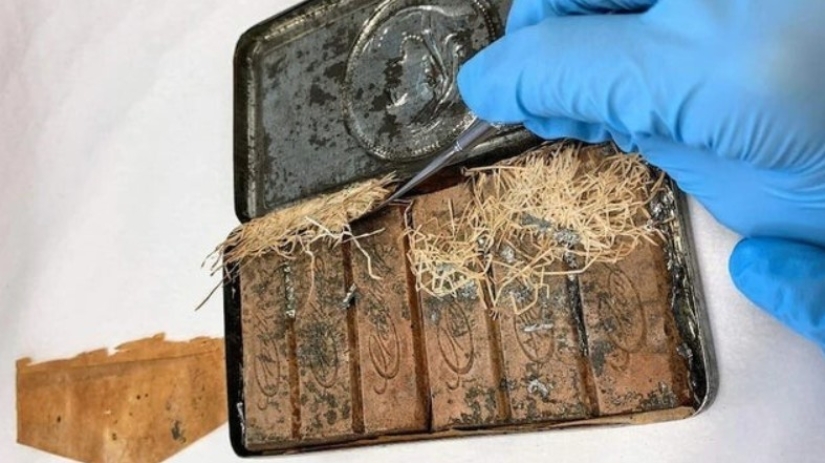
These are, well, very much expired chocolate bars. After all, this chocolate is already 120 years old.
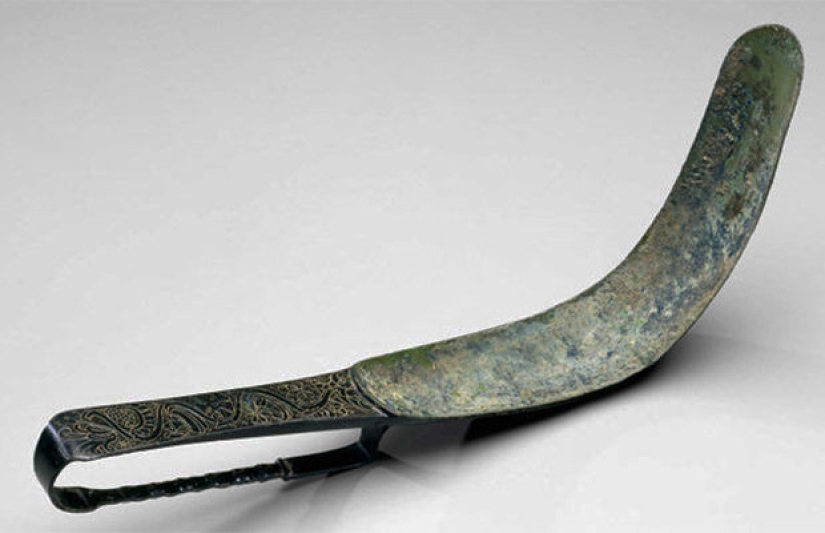
Strigil is a device for personal hygiene from Ancient Rome. With such a bronze spoon, dust and dirt were scraped off the body.
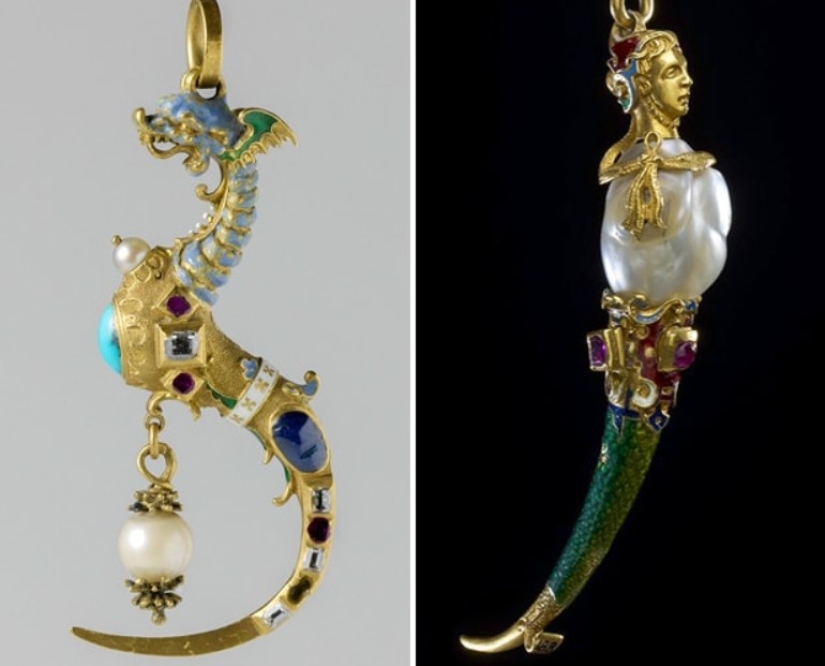
These pieces of jewelry art are just toothpicks of the 17th century. People knew how to live beautifully!
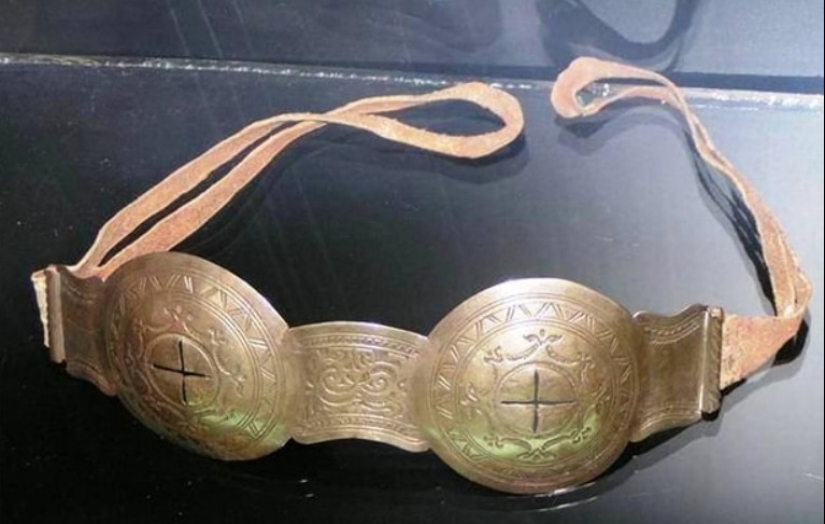
Ancient snow glasses found by archaeologists in Yakutia. Such devices protected the eyes of the inhabitants of the northern latitudes from the sun reflected in the white snow.
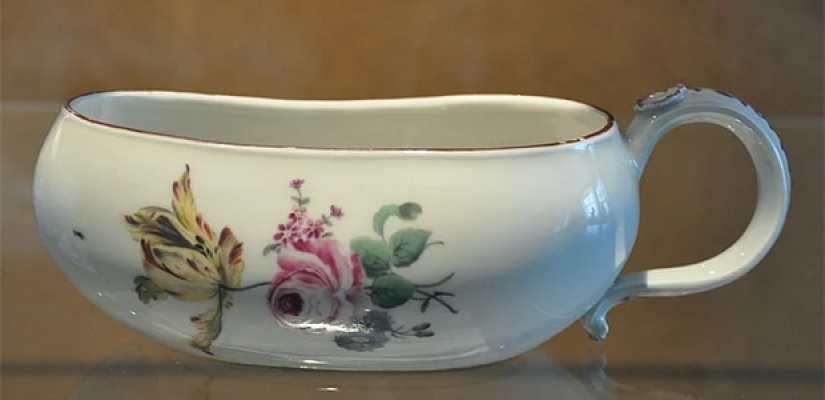
An old gravy boat? You didn't guess. This bourdaloue is a close relative of the chamber pot. This is a vessel that noble ladies put under themselves in the 18th century, traveling long distances in a carriage.
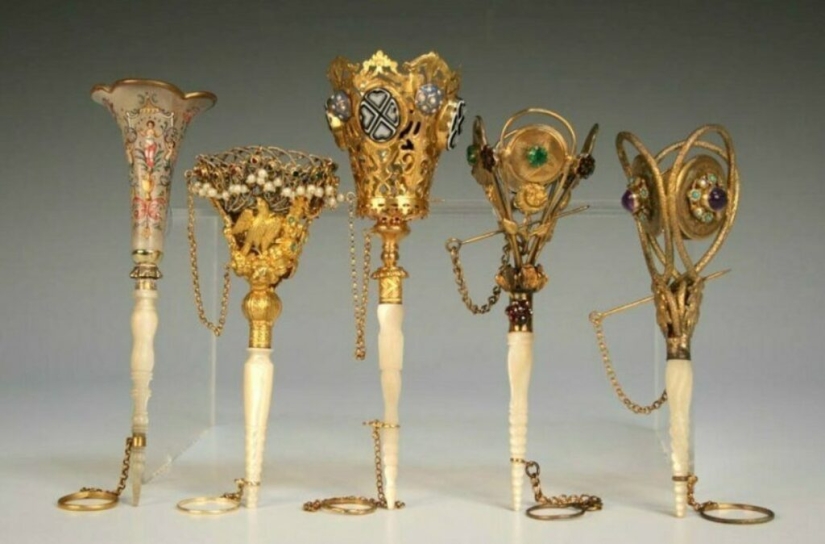
The port bouquet is an elegant device of the 18th and 19th centuries that allows ladies to wear a bouquet of flowers without soiling white gloves.
Recent articles

These people are not planning to become an Internet celebrity, but the universe decided otherwise. And we are very grateful for ...

Churchill routine should be Holy — just as the British Prime Minister to work effectively. Heavy drinking, bathing and long meals ...

The canyon is a deep river valley with very steep, often steep slopes and a narrow bottom — one of the most photogenic ...